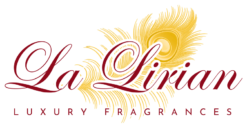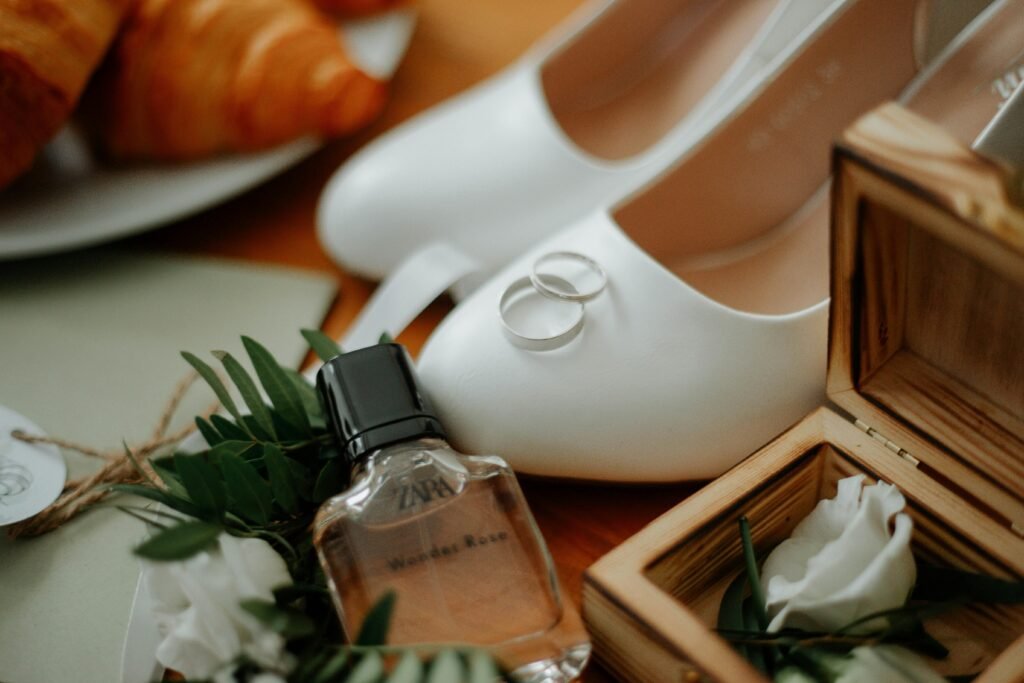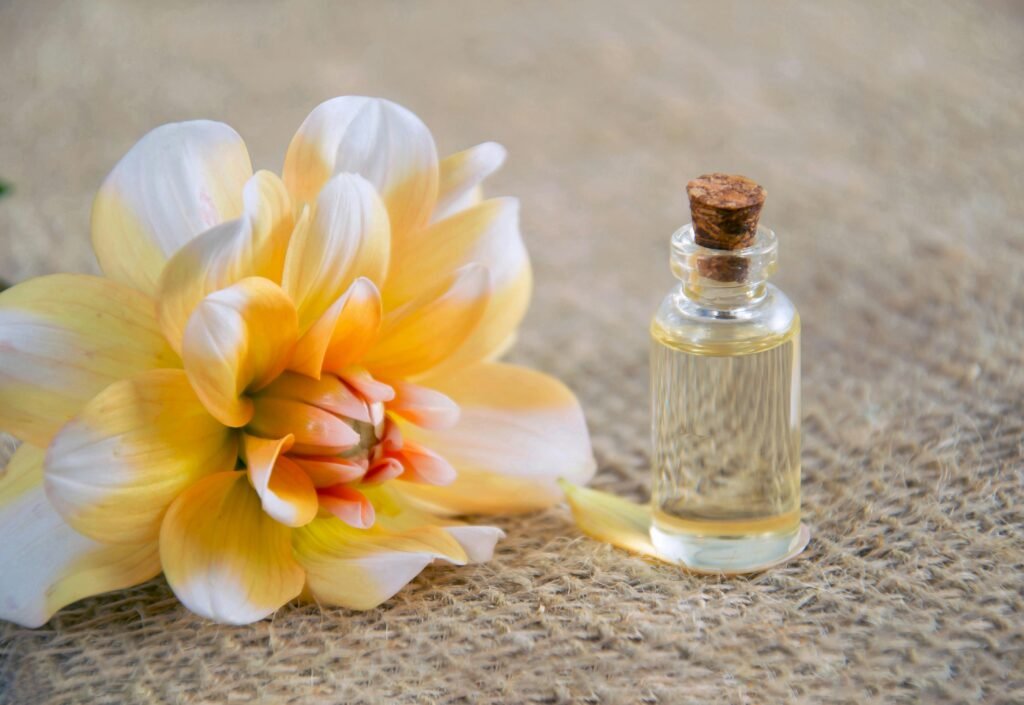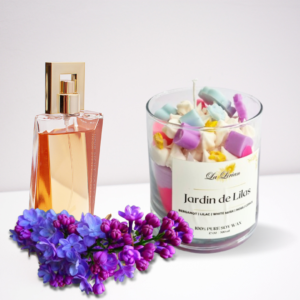Perfume is often considered the pinnacle of luxury in the fragrance world. But why is it significantly more expensive than Eau de Parfum (EDP)? Is the price justified, or is it simply a marketing strategy? If you’ve ever wondered what makes pure perfume so exclusive, this article will break down the key factors behind its high cost.
The True Cost of Luxury: Why Perfume Commands a Higher Price
Unlike Eau de Parfum, which balances intensity and affordability, perfume (also known as Extrait de Parfum) is the purest form of fragrance. It contains the highest concentration of aromatic oils and is crafted using the most refined ingredients, making it a true investment piece in the world of scent.
Let’s explore the key reasons why perfume is significantly more expensive than Eau de Parfum.
1. Unmatched Fragrance Intensity and Longevity
One of the primary reasons perfume costs more than EDP is its higher concentration of fragrance oils. With 20-40% essential oils, perfume is designed to linger on the skin for 12-24 hours, compared to the 6-12 hours of an Eau de Parfum.
The Value of Long-Lasting Scents:
- Less alcohol, more richness – Unlike EDP, which evaporates faster due to higher alcohol content, perfume stays on the skin longer.
- Deeper scent profile – Perfume evolves beautifully over time, revealing complex layers of notes.
- Minimal application needed – Just a few dabs last all day, making a single bottle last longer.
2. The Rarity of Ingredients: A Symphony of Exquisite Raw Materials
Premium perfumes use rare and exotic ingredients that significantly drive up production costs. Unlike mass-market EDPs that often rely on synthetic substitutes, luxury perfumes incorporate pure absolutes, resins, and natural extracts that require meticulous harvesting and extraction.
Ingredients That Define a High-End Perfume:
- Rare Floral Absolutes – Jasmine, rose, and tuberose require thousands of petals for mere milliliters of oil.
- Precious Woods – Sandalwood and oud take decades to mature, making them highly valuable.
- Natural Musk and Ambergris – Historically derived from animals (now mostly synthetic), these enhance depth and longevity.
- Hand-Harvested Resins – Frankincense and myrrh undergo time-consuming extraction processes.
The purity and exclusivity of these ingredients make perfume a true artisanal creation, distinct from more commercially available Eau de Parfums.
3. Craftsmanship and Expertise: The Art of Perfumery
Creating a high-end perfume is a meticulous process that requires decades of expertise. Unlike EDP, which is often mass-produced, pure perfume is carefully blended by master perfumers who use centuries-old techniques.
Why Craftsmanship Matters:
- Longer maceration periods – Perfumes are aged longer to deepen the scent profile.
- Hand-blended compositions – Many luxury brands still craft perfumes in small batches.
- Multiple extraction methods – Steam distillation, enfleurage, and solvent extraction are labor-intensive but yield superior quality.
Each bottle of perfume represents the artistry of a perfumer who balances science and creativity to create a masterpiece.
4. Luxurious Packaging: A Statement of Prestige
High-end perfume bottles are works of art, often handcrafted and made from crystal, gold-plated materials, or even gemstone embellishments. Unlike EDP, which typically comes in more functional packaging, perfume bottles emphasize exclusivity and craftsmanship.
The Cost of Luxury Presentation:
- Hand-blown glass or crystal bottles – Brands like Baccarat design bottles that are collectible pieces.
- Gold-leaf detailing and engraving – Elevating the aesthetic and luxury appeal.
- Wax-sealed and silk-lined presentations – Reinforcing exclusivity.
Luxury brands know that presentation is just as important as the fragrance itself, adding to the overall cost of perfume.
5. Perfume as a Bespoke Experience: Exclusivity Over Mass Production
Unlike EDP, which is widely available, perfumes are often produced in limited quantities, enhancing their desirability. Many niche brands offer bespoke perfume services, tailoring scents to individual preferences.
Why Limited Production Increases Cost:
- Small-batch production – Ensures quality but limits availability.
- Personalized scent compositions – Some brands offer custom-blended perfumes for exclusive clientele.
- Collectors’ appeal – High-end perfumes are often seen as luxury investments.
This level of exclusivity makes perfume a status symbol among fragrance connoisseurs.
6. The Psychological and Emotional Value of Perfume
Fragrance is deeply tied to memory and emotion, and perfume offers a more intimate, personal experience compared to Eau de Parfum. With its rich, long-lasting scent, perfume enhances one’s presence and leaves a lasting impression.
Why Perfume Feels More Luxurious:
- More intimate wear – Sits closer to the skin, making it ideal for special occasions.
- A signature statement – Many luxury perfumes are designed to be unique and distinguishable.
- Emotional connection – The depth and complexity of a perfume create a strong sentimental attachment.
Because perfume embodies a more profound sensory experience, it is priced higher than EDP, which is often worn for everyday convenience.
Conclusion: Is Perfume Worth the Higher Price?
Perfume justifies its premium price tag through its high concentration, rare ingredients, artisanal craftsmanship, luxurious packaging, and exclusivity. While EDP offers a more affordable and accessible alternative, perfume remains the ultimate indulgence for those seeking a timeless and deeply personal fragrance experience.
Key Takeaways:
- Perfume contains a higher concentration of fragrance oils, making it longer-lasting than EDP.
- It incorporates rare and expensive ingredients, unlike EDPs which often use synthetic alternatives.
- Perfume is crafted using labor-intensive techniques, adding to its exclusivity.
- Luxury packaging elevates its status, making it a statement of prestige.
- Limited production makes perfume a collectible and bespoke experience.
If you’re looking for a fragrance that defines sophistication, artistry, and exclusivity, investing in a perfume over an Eau de Parfum is a decision worth making.
Which do you prefer—Perfume or Eau de Parfum? Let us know in the comments!










